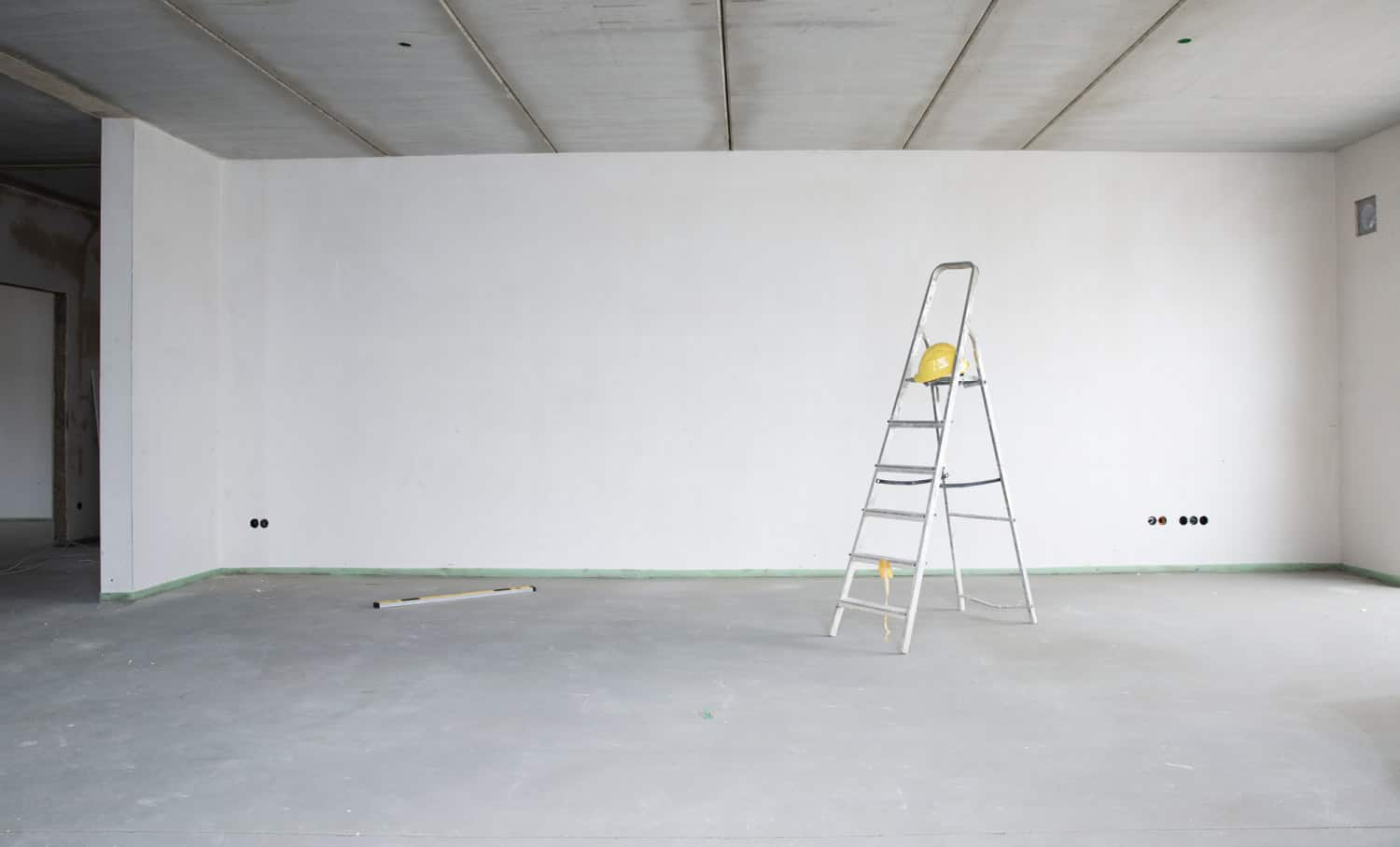How Much Does a Basement Floor Cost to Pour? [2025 Data]
Pouring a basement floor costs an average of $30,000, with most homeowners paying between $6,000 and $60,000, depending on size, finish, and materials.


The average cost to pour a basement floor is $30,000, but you could pay anywhere between $2,000 and $80,000 depending on the specifics of the project. A new basement floor can help you turn this often-neglected area into usable living space and can even increase your home’s value. This guide explores all the factors that affect how much you’ll pay to pour a concrete basement floor.
Concrete Basement Flooring Cost Factors
The cost of a concrete basement floor can vary quite a lot, depending on the size, materials, finish, and labor costs. Knowing how each factor affects your total cost can help you accurately budget for the project.
Size
Pouring a concrete basement floor costs an average of $4 to $25 per square foot. Square footage is a major cost driver with a project like this. The larger the area you need to cover, the more expensive it will get. The easiest way to save money is to simply cover a smaller area. That may not be an option if you’re dealing with a set square footage, but it’s important to know how big of an impact this has on your price tag so you can consider alternatives.
| Square Footage | Average Cost |
|---|---|
| 500 | $2,000–$12,500 |
| 1,000 | $4,000–$25,000 |
| 1,500 | $6,000–$37,500 |
| 2,000 | $8,000–$50,000 |
| 2,500 | $10,000–$62,500 |
Materials
About 40% to 60% of the cost of your project will go toward materials. For an average $30,000 project, $12,000 to $18,000 will go toward materials.
Here's a breakdown of some of the typical materials you'd need to purchase and the range of prices you'd expect to pay:
| Materials | Average Cost |
|---|---|
| Concrete | $3,250–$13,500 |
| Form and finishing | $1,000–$5,000 |
| Reinforcement | $150–$750 |
| Sealant | $600–$6,000 |
Type of Finish
Concrete finishes range from basic to decorative, with finish options to suit any style and budget. Concrete can be stamped to look like wood or stone, stained, or painted, and each type of finish will add to your total project cost. Concrete finishing can cost an additional $2 to $10 per square foot.

Labor Costs
With 40% to 60% of your budget going to materials, expect labor to make up the other 40% to 60% of the cost of your basement floor. This can be a time-intensive and challenging job, and you need it to be done correctly, which is why labor makes up such a significant chunk of the overall project cost.
So, if you're spending the average amount of pouring a new basement ($30,000), about $12,000 to $18,000 of that would go to labor.
DIY vs. Hiring a Pro
It will cost you about $20,000 on average to pour a concrete basement yourself, with a typical range of between $16,000 and $24,000. If you're doing a smaller basement of about 1,000 square feet and spending on the low end for materials prices, it may only cost you $4,000 to $6,000 to get the job done yourself.
While you may save money by DIYing, we do not recommend it. A pro will get the job done correctly, quickly, and without causing damage or injury.
A local concrete floor pro will have the equipment and experience to do the job right and ensure your basement meets all necessary codes and regulations. Because your basement is such an integral part of your home’s structure, it’s best to leave this job to the pros.
How to Save Money on Concrete Basement Floor Costs
Pouring a new concrete basement floor is a major investment, but there are some ways to save on this project. Some tips for saving money on a concrete basement floor include:
See if your existing floor can be repaired or resurfaced instead of pouring a new floor.
If you’re opting for a painted finish, consider DIYing the painting to save on labor costs.
Keep your floor sealed and maintained to extend the life of the concrete.
How Angi Gets Its Cost Data
Home is the most important place on earth, which is why Angi has helped more than 150 million homeowners transform their houses into homes they adore. To help homeowners with their next project, Angi provides readers with the most accurate cost data and upholds strict editorial standards. We extensively research project costs to develop the pricing data you see, so you can make the best decisions for you and your home. We rely on reputable sources, including the U.S. Bureau of Labor Statistics, academic journals, market studies, and interviews with industry experts—all to ensure our prices reflect real-world projects.
Want to help us improve our cost data? Send us a recent project quote to costquotes@angi.com. Quotes and personal information will not be shared publicly.
Frequently Asked Questions
The average thickness of a concrete basement floor should be 4 to 6 inches. The thickness of a concrete basement floor depends on your area’s building codes, the type of concrete you’re using, the load capacity, and the base flooring materials.
Rebar is an essential part of reinforcing a basement floor, as not having it can impact its structural integrity. It helps absorb the tension factors that contribute to cracks in your floor and strengthens its load-bearing capabilities by evenly distributing the weight. Not including rebar could lead to an unstable floor, so don’t skip it!
Yes, you can pour concrete over an existing concrete basement floor to save time and money on fully ripping out an existing concrete slab. However, it’s not a perfect solution, so consult a pro before moving forward. You must take specific measurements, and these kinds of floors don’t have the same longevity.















